The Tank Man Still Stands Tall! 36 Years Since the Tiananmen Square Massacre
03 Jun 2025 16:38:22
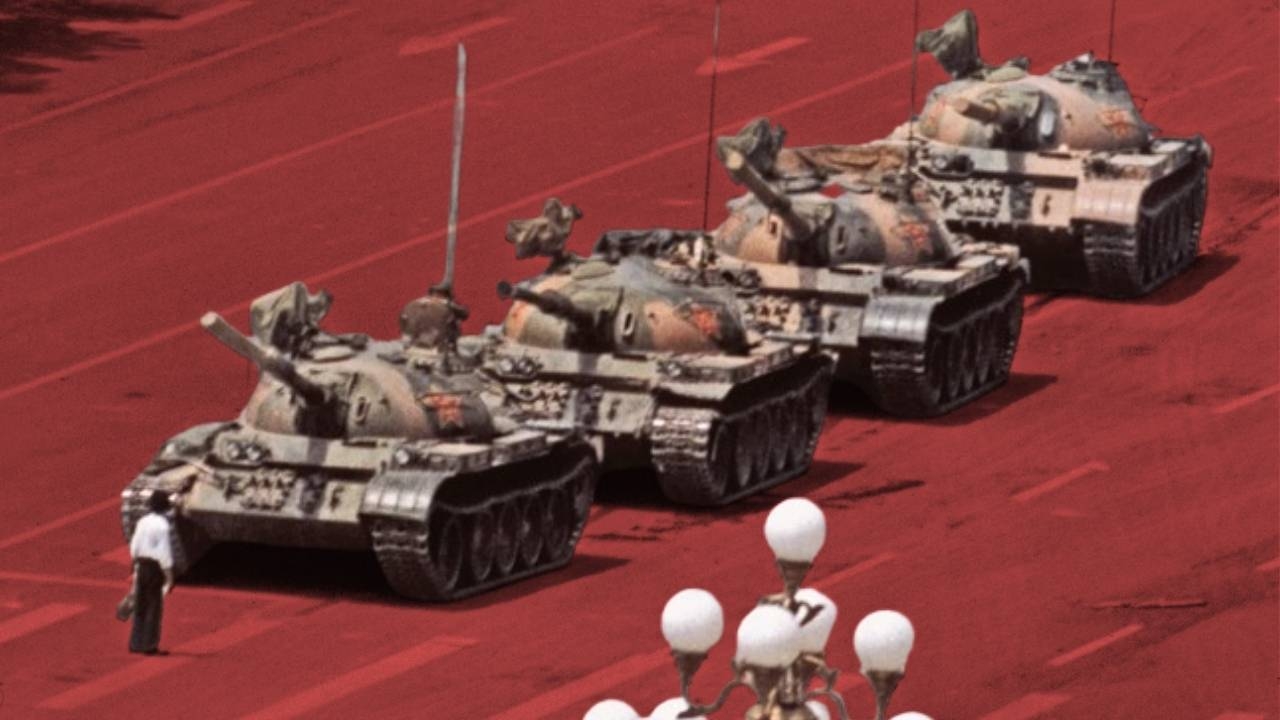
In the spring of 1989, Beijing’s Tiananmen Square witnessed a moment in history that the Chinese Communist Party (CCP) wants the world to forget.
What began as a peaceful student movement turned into one of the most brutal crackdowns in modern history.
Thirty-six years later, the memory of those who stood for democracy still lives on in the hearts of people who value freedom.
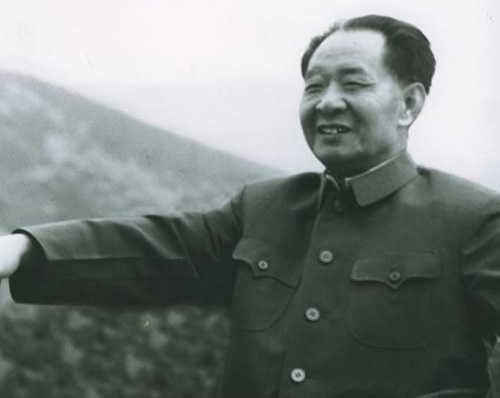
The movement started after the death of Hu Yaobang, a former Chinese leader known for his reformist and pro-democracy ideas. His passing triggered strong emotions among students who saw in him a symbol of hope.
They gathered in Tiananmen Square to demand basic rights such as freedom of speech, an end to corruption, and democratic reforms.
Their demands quickly drew support. Teachers, writers, and ordinary citizens joined them. The square became a ground for peaceful protests.
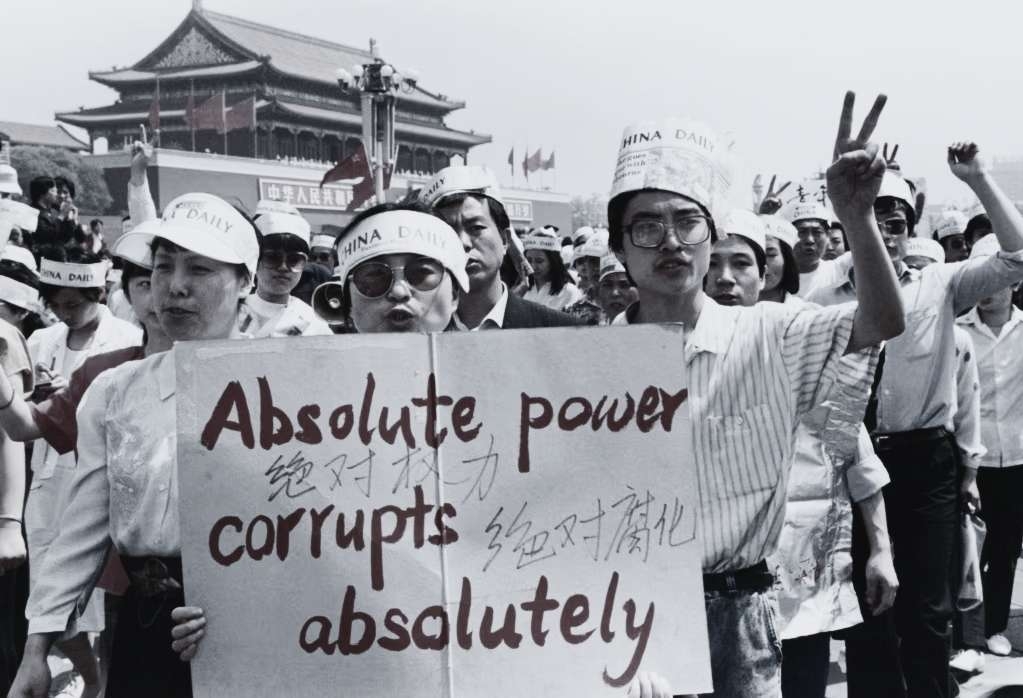
People sang songs, gave speeches, and expressed their hopes for a better China. The atmosphere, although filled with tension, was one of courage and hope.
The students did not ask for the moon. They wanted fair governance, a free press, jobs for educated youth, and a system that listened to public opinion.
These ideas may sound simple today, but in communist China, they were seen as threats.
The Communist Party, which has always feared questions and criticism, could not tolerate this wave of defiance.
As the protests grew, so did the fear within the CCP. Instead of opening dialogue, the government chose violence.
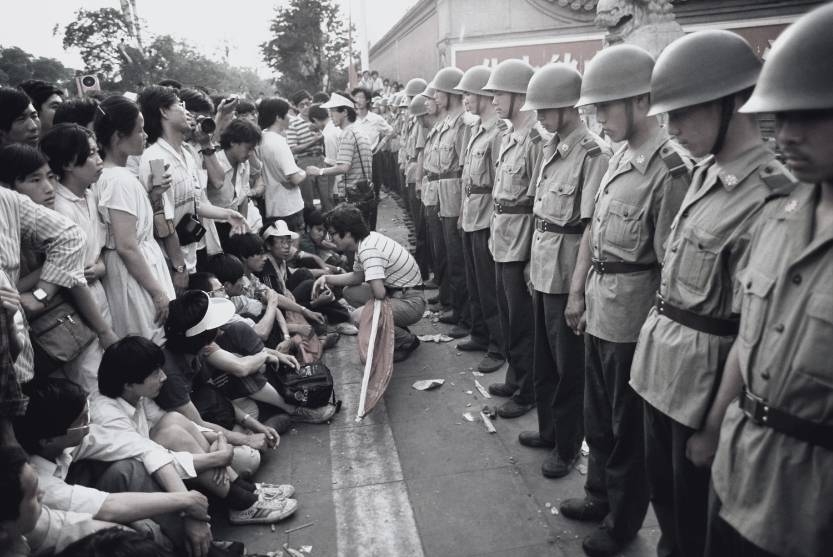
On the night of June 3, the Chinese army entered the square. Tanks, armoured vehicles and heavily armed soldiers moved in. The scene turned horrifying.
Soldiers opened fire on unarmed civilians. They set parts of the square on fire. They dragged away injured and dead students.
No one knows the exact number of people killed. Sources say that the toll may be as high as 10,000.
China, till this day, has not admitted to the massacre. Families never received bodies. Many still do not know what happened to their children.
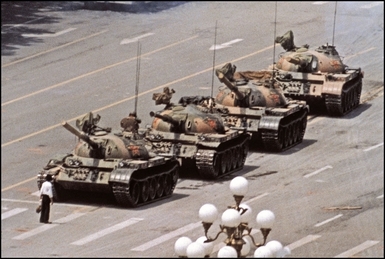
Out of this darkness emerged an unforgettable image - "The Tank Man." A young man in a white shirt, holding a shopping bag, stood in front of four army tanks.
His identity remains unknown. But that one moment captured the spirit of resistance.
It showed the world how courage can stand tall even when faced with deadly force.
The Chinese Communist Party tried to erase the entire event from history.
In China today, if someone searches for “Tiananmen Square,” “June 4,” or “Tank Man,” they find nothing.
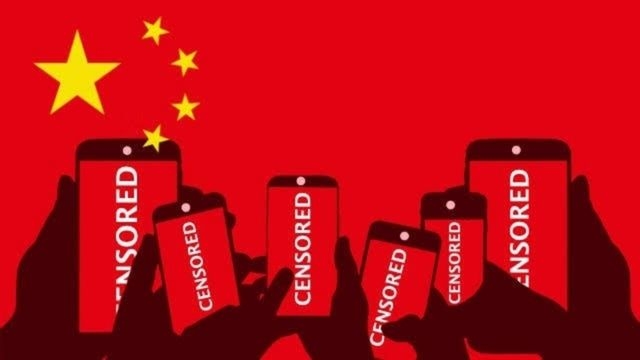
The internet blocks it. Textbooks do not mention it. Young Chinese students grow up unaware that such a tragedy even took place.
Discussing the massacre is still a punishable offence. Paying tribute to the victims can land people in jail.
This censorship shows the extent to which the CCP will go to hide its crimes. It has not just buried the dead, it has buried the truth.
Yet, outside China, people remember. Every year, on June 4, people in different parts of the world hold events to honour the martyrs of Tiananmen Square.
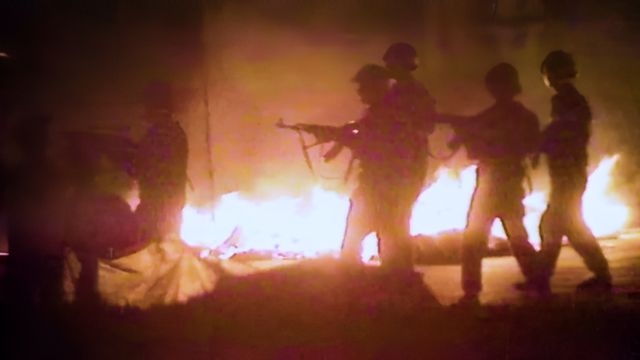
These events remind us that truth cannot be erased with lies, bullets or fire.
The Chinese Communist Party may claim to be a symbol of economic growth, but behind the buildings and factories lies a trail of blood and oppression.
Tiananmen was not a one-time event. It was the beginning of a long series of human rights violations.
In recent years, China has continued to follow the same brutal path.
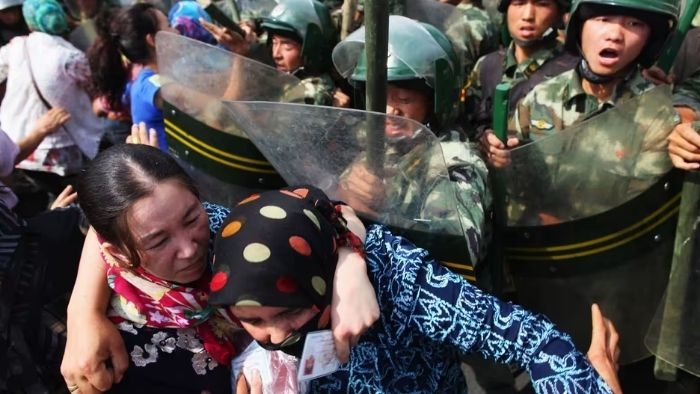
In Xinjiang, the CCP runs detention centres where it holds Uyghur Muslims without trial.
In Hong Kong, it crushed the democracy movement with new security laws. Journalists and activists disappear overnight. Social media is under tight control.
Hundreds of words and images are banned because they “hurt the image of the state.”
China is building not a modern state, but a prison with digital walls.
It wants obedient citizens who do not ask questions or raise their voices.
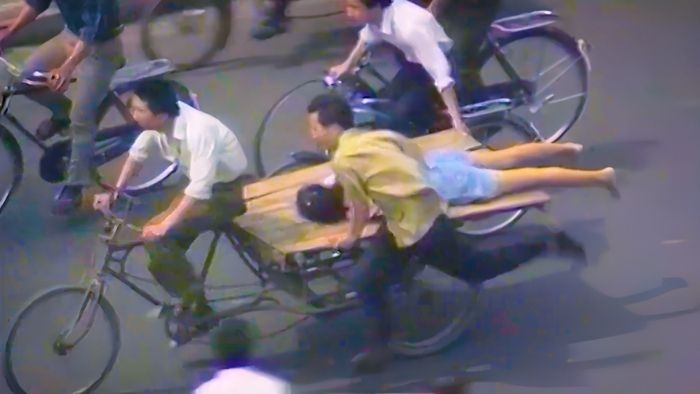
This is the same mindset that led to the massacre in 1989. The same fear of freedom still drives their actions today.
The story of Tiananmen is not just about China. It is about the fight for human rights and justice everywhere.
When one government gets away with killing its people and silencing their voices, it sets a dangerous example for the world.
The Tank Man teaches us that a single person with truth in their heart can shake even the most powerful regime.
We must not forget what happened. If we forget, then history will repeat itself.
That is why today’s generation must learn, ask questions and speak up.
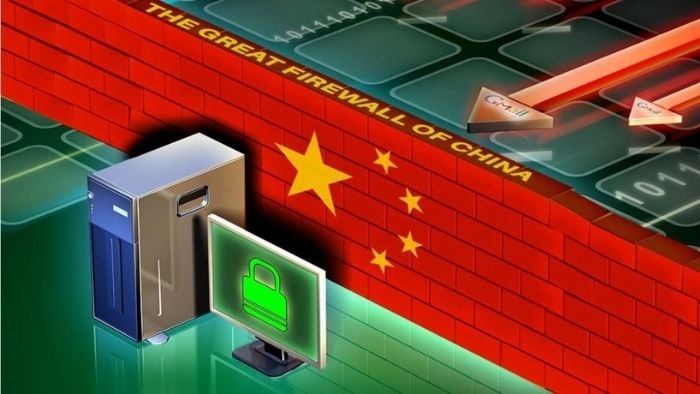
We may not be able to break China’s internet walls, but we can keep the truth alive by remembering, sharing and honouring this day.
The Chinese Communist Party did not just murder students. It murdered free thought, human rights and truth.
It banned the words “Tiananmen” and “June 4.” It deleted pictures. It jailed those who dared to speak. But it could not kill the spirit of protest.
Even after 36 years, the martyrs of Tiananmen Square are not lost. They live in every free heart. They remind us that freedom comes at a price. And that silence is not an option when the state becomes a butcher.
China’s rulers may continue their lies, but the world knows the truth.
The massacre on June 4, 1989, was a crime against humanity. And no amount of censorship can clean the blood off the hands of the Chinese Communist Party.
Article by

Suronjon Mojumder
Intern, The Narrative